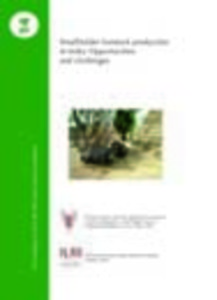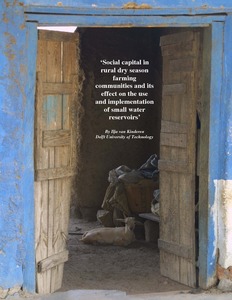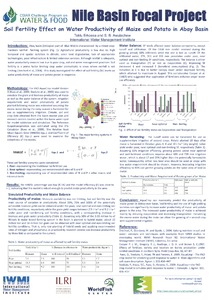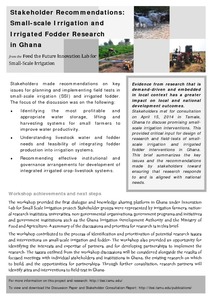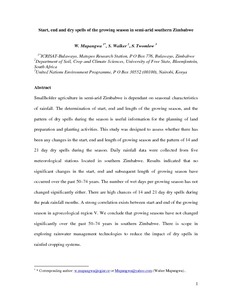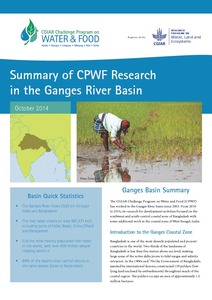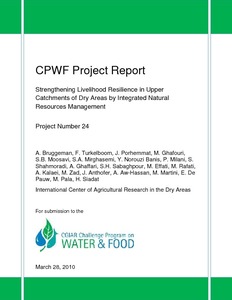Smallholder farmers’ attitudes and determinants of adaptation to climate risks in East Africa
Adapting to climate risks is central to the goal of increasing food security and enhancing resilience of farming systems in East Africa. We examined farmers’ attitudes and assessed determinants of adaptation using data from a random sample of 500 households in Borana, Ethiopia, Nyando, Kenya, Hoima Uganda, and Lushoto, Tanzania. Adaptation was measured using a livelihood-based index that assigned weights to different individual strategies based on their marginal contributions to a household’s livelihood.



